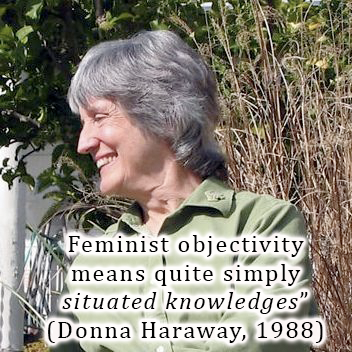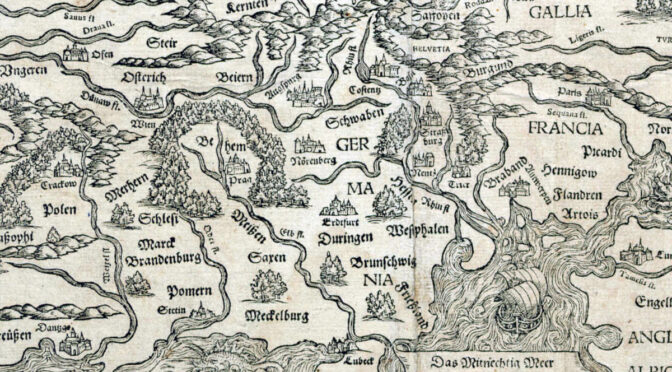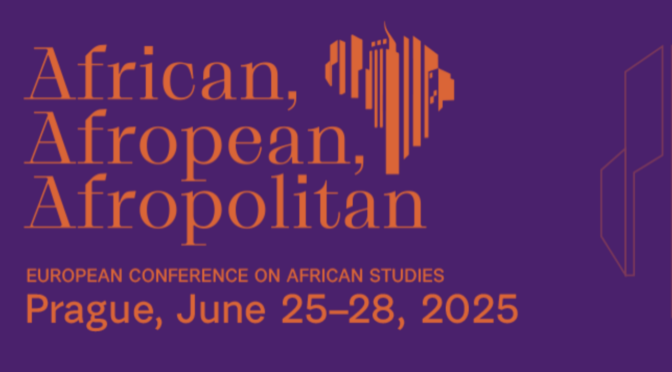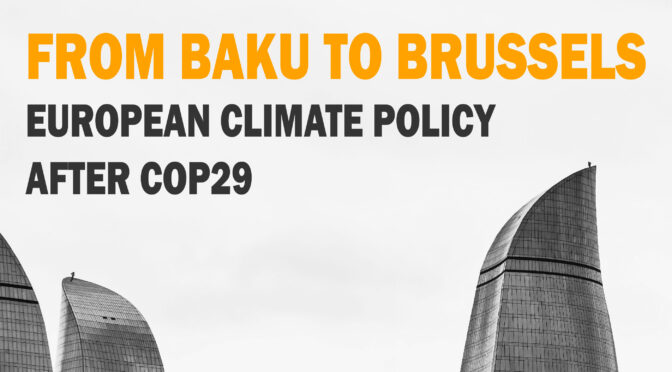
10. týden epistemiologického semináře oganizovaného IMS / CEFRESem představí
Adrien Beauduin (doktorand CEU, asociovaný v CEFRESu)
Téma: Feminist Objectivity as Situated Knowledges
Diskuzi uvede Mert Koçak (doktorand CEU, asociovaný v CEFRESu)
Organizátoři: Jérôme Heurtaux (CEFRES), Claire Madl (CEFRES), Tomáš Weiss (FSV UK) a Mitchell Young (IMS FSV UK)
Kde: online
Pro registraci kontaktujte : claire(@)cefres.cz
Kdy: Středa, 21. dubna, 16:30 až 18:00
Jazyk: Angličtina
Text ke čtení:
- Andrews, M. (2002). Feminist research with non-feminist and anti-feminist women: Meeting the challenge. Feminism & Psychology, 12(1), 55-77.
Photot: Rusten Hogness
https://en.wikipedia.org/wiki/Donna_Haraway#/media/File:Donna_Haraway_2006_(cropped).jpg

Evropský středověk. Cirkulace objektů, praktik a technik mezi střední a západní Evropou (1000–1600)
Čtvrtý doktorandský workshop pořádaný v rámci dohody o spolupráci mezi EHESS, CEFRES, Univerzitou Karlovou a Akademií věd ČR.
Datum: 24. dubna 2025
Místo konání: CEFRES, Na Florenci 3, Praha 1 (a online)
Jazyk: angličtina
Organizační tým:
- Lise Saussus, Centre de recherches historiques, UMR 8558, École des hautes études en sciences sociales
- Jakub Sawicki, Archeologický ústav Akademie věd ČR
- Tomasz Cymbalak, Národní památkový ústav, Praha
- Nicolas Thomas, Národní ústav preventivního archeologického výzkumu, Oddělení západního středověku, Paříž
Program
Pokračování textu Evropský středověk | Doktorandský workshop →

Kdy: 25.–28. června 2025
Kde: Praha
Organizátoři: Czech Association for African Studies & European African Studies Association
Každý druhý rok pořádá AEGIS v jiném evropském městě Evropskou konferenci afrických studiích (ECAS), kterou svolává jeden nebo více členů AEGIS. Stala se největším celosvětovým setkáním afrických studií, účastní se jí vědci z celého světa a zájem o ni nadále významně roste.
CEFRES je hrdým partnerem této mezinárodní konference, která se poprvé ve své historii koná v České republice – jedné z postkomunistických zemí Visegrádu, známé též jako srdce Evropy.
Dvacáté výročí ECAS nám poskytne skvělou příležitost k retrospektivnímu pohledu na uplynulá dvě desetiletí a konkrétně na africká studia v Evropě. Zároveň nám umožní nové pohledy na budoucí vývoj v této oblasti. Uděláme vše pro to, abychom připravili podnětný program složený z přednášek našich hlavních řečníků, plenárních zasedání a kulatých stolů, promítání filmů, výstav knih zaměřených na africká studia a kulturních a uměleckých akcí.
Kompletní program konference naleznete zde.

Kdy: 25.–28. června 2025
Kde: Praha
Organizátoři: Czech Association for African Studies & European African Studies Association
Každý druhý rok pořádá AEGIS v jiném evropském městě Evropskou konferenci afrických studiích (ECAS), kterou svolává jeden nebo více členů AEGIS. Stala se největším celosvětovým setkáním afrických studií, účastní se jí vědci z celého světa a zájem o ni nadále významně roste.
CEFRES je hrdým partnerem této mezinárodní konference, která se poprvé ve své historii koná v České republice – jedné z postkomunistických zemí Visegrádu, známé též jako srdce Evropy.
Dvacáté výročí ECAS nám poskytne skvělou příležitost k retrospektivnímu pohledu na uplynulá dvě desetiletí a konkrétně na africká studia v Evropě. Zároveň nám umožní nové pohledy na budoucí vývoj v této oblasti. Uděláme vše pro to, abychom připravili podnětný program složený z přednášek našich hlavních řečníků, plenárních zasedání a kulatých stolů, promítání filmů, výstav knih zaměřených na africká studia a kulturních a uměleckých akcí.
Kompletní program konference naleznete zde.

Z Baku do Brusselu:
Evropská klimatická politika po COP29
Tento kulatý stůl je organizován v rámci pravidelných setkání projektu Tandem „Contested Energy Transitions“, který vedou Martin Ďurďovič (CEFRES – Akademie věd ČR) a Gilles Lepesant (CEFRES – CNRS) za účasti Krzysztofa Tarkowského (CEFRES –Univerzita Karlova).
Datum: čtvrtek 12 prosince 2024, 9-11 h
Místo konání: CEFRES, Na Florenci 3, Prague 1
Jazyk: angličtina
Publikum: účast pouze na základě osobní pozvánky (Chatham House Rule)
V rámci semináře se zaměříme na klíčové výstupy konference COP29 a prozkoumáme přitom protichůdné postoje hlavních zúčastněných stran v oblasti klimatu a výzvy, kterým čelí evropské úsilí o dekarbonizaci. Budeme se zabývat budoucími závazky EU v oblasti klimatu a vlivem nedávných politických změn, včetně nástupu nových komisařů EU pro klima a energetiku a nedávných voleb v USA. Účastníci budou diskutovat o tom, jak tyto faktory utváří cestu EU k ambicióznímu cíli snížení emisí do roku 2040 Pokračování textu Evropská klimatická politika po COP29 →

Evropská environmentální politika během předsednictví Francie a České republiky v Radě Evropské unie
Mezinárodní workshop organizován v spolupráci Univerzity Palackého v Olomouci (CZ), Univerzity Clermont Auvergne (FR) a CEFRES, pod záštitou francouzského předsednictví v Radě Evropské unie
Kdy: pátek 20. května, 9:00 – 15:40
Kde: Právnická fakulta Univerzity Palackého v Olomouci & online : https://us02web.zoom.us/j/89812295559
Jazyk: angličtina
Organizátoři:
Arthur Thevenet (Clermont Auvergne University)
Valentin Bayeh (Clermont Auvergne University)
Program naleznete níže.
Pokračování textu Evropská environmentální politika →





